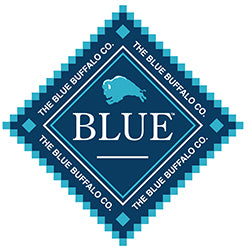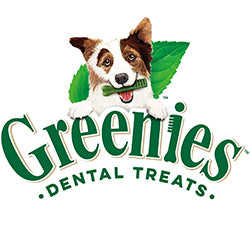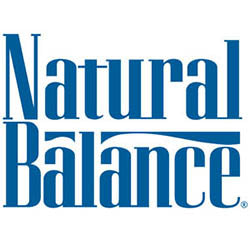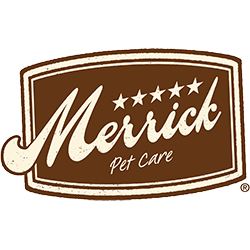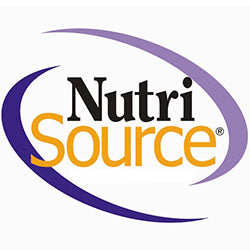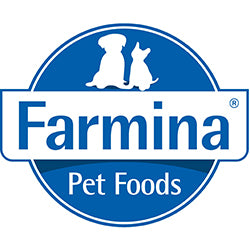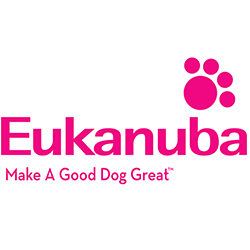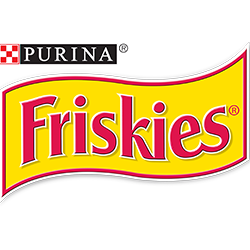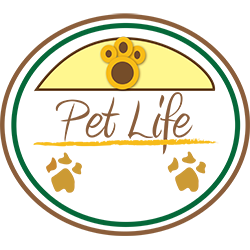
How to Choose the Best Food for Your Dog
Your dog is more than just a pet; they're a member of the family. Like any family member, you want to ensure they live a healthy and happy life. One crucial factor that contributes significantly to a dog's well-being is their diet. There are a plethora of choices in the market, so how do you pick the best dog food for your canine companion? This article will provide you with a comprehensive guide to making an informed decision.
Introduction: The Importance of a Balanced Diet
Just as you wouldn't feed a child a diet consisting solely of fast food, you shouldn't feed your dog just any commercial dog food without first investigating its nutritional content. The right nutrients can dramatically affect your dog's skin and coat, weight, energy level, and gastrointestinal function.
Types of Dog Food
There are various types of dog food, each with its own set of benefits and drawbacks:
- Dry Food: This is a popular choice due to its convenience and lower cost. Dry food is also less messy and can help keep your dog's teeth clean. However, it may lack the moisture content that other types of food provide.
- Wet Food: Canned or wet dog food has a higher moisture content, making it easier for dogs to chew and digest. However, it can be pricier and has a shorter shelf life once opened.
- Freeze-Dried Food: This type of food offers the nutritional benefits of raw food without the risk of bacterial contamination. It's also convenient but can be expensive.
- Food Toppings: These are additions you can sprinkle or mix into your dog's regular meals to enhance both the flavor and nutritional value.
Nutritional Needs
When selecting a dog food, consider the following nutrients:
- Proteins: Essential for tissue repair and muscle growth.
- Fats: Necessary for energy and the absorption of certain vitamins.
- Carbohydrates: Provides energy but should be given in moderation.
- Vitamins and Minerals: Necessary for a variety of physiological processes.
- Water: Often overlooked, but vital.
Life Stage Requirements
Dogs have many different nutritional requirements depending on their life stage:
- Puppies: Require a diet that is very high in protein and fat to support rapid growth.
- Adults: Need a balanced diet to maintain optimal health.
- Seniors: May require fewer calories and more fiber, along with joint supplements like glucosamine.
Special Health Considerations
If your dog has a medical condition like diabetes, kidney issues, or food allergies, consult your vet for specialized advice. Prescription diets are available for dogs with specific health issues.
The Importance of Reading Labels
Understanding the ingredients list and nutritional analysis on dog food labels is crucial. Look for products where the first ingredient is a high-quality source of animal protein, including chicken or beef. Be cautious of foods that list fillers or by-products as primary ingredients. Also, check for an AAFCO statement, which ensures the food meets minimum nutritional requirements.
Consult Your Veterinarian
While research is invaluable, consulting your vet can provide you with custom advice specific to your dog's needs. They can help you adjust portion sizes, choose the right type of food, and address any dietary concerns based on your dog's health status.
Trial and Error
Finding the best food for your dog may take some trial and error. Introduce new foods gradually to allow your dog's digestive system to adjust. Look for any changes in your dog's behavior, weight, and overall health.
Quality Over Quantity
It might be tempting to opt for cheaper brands, but investing in high-quality dog food can pay off in the long run with fewer health issues and potentially lower vet bills. A good rule of thumb is to buy the best food you can afford.
Conclusion
The myriad of choices available for dog food can be overwhelming. However, armed with the right knowledge, you can make informed decisions that will benefit your pet's long-term health. Pay attention to your dog’s age, health condition, and nutritional needs. Remember that choosing the right dog food is an investment in your dog’s health, happiness, and future. So take your time, consult your vet, and be prepared to make adjustments as needed.
- Choosing a selection results in a full page refresh.

